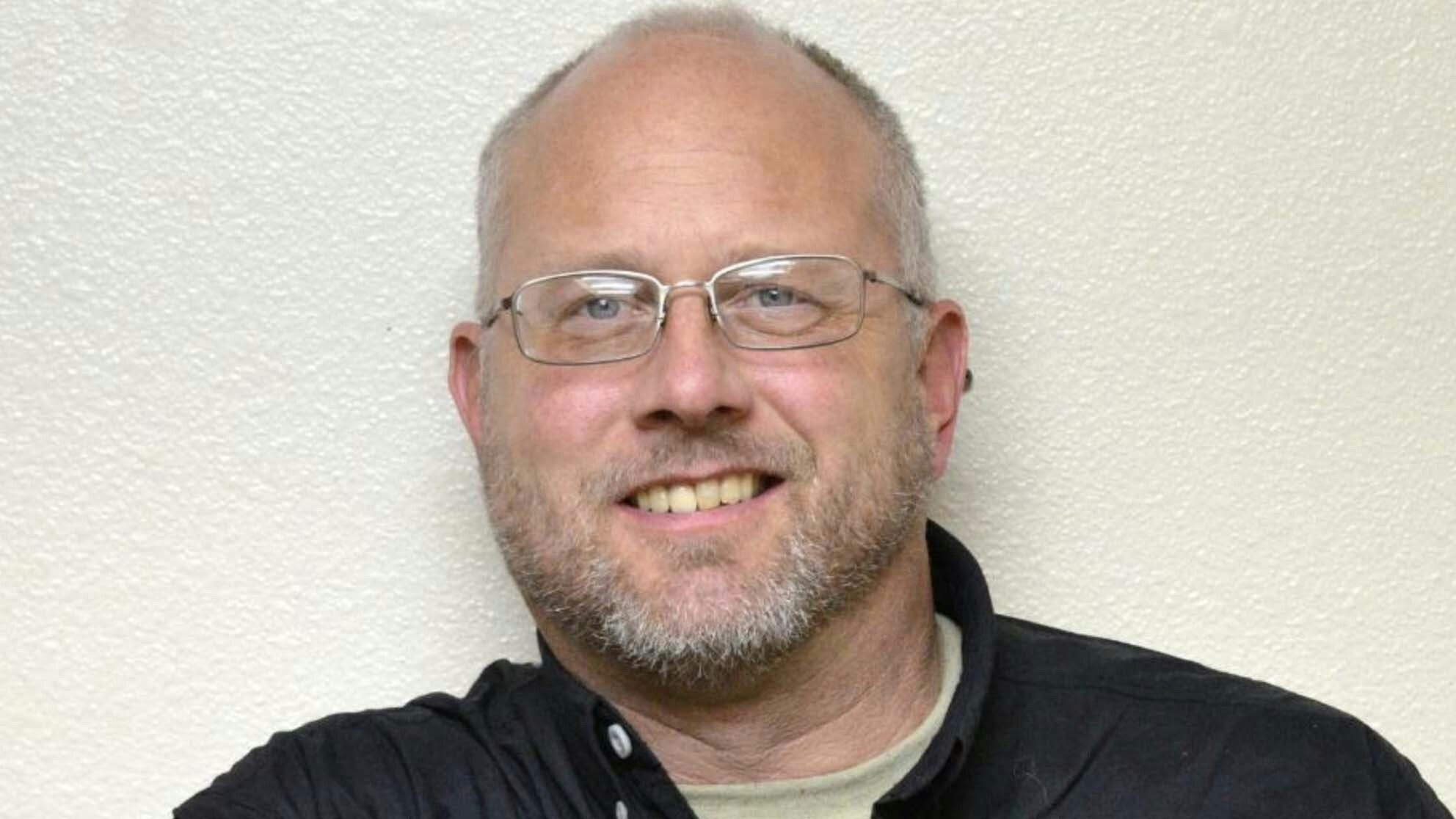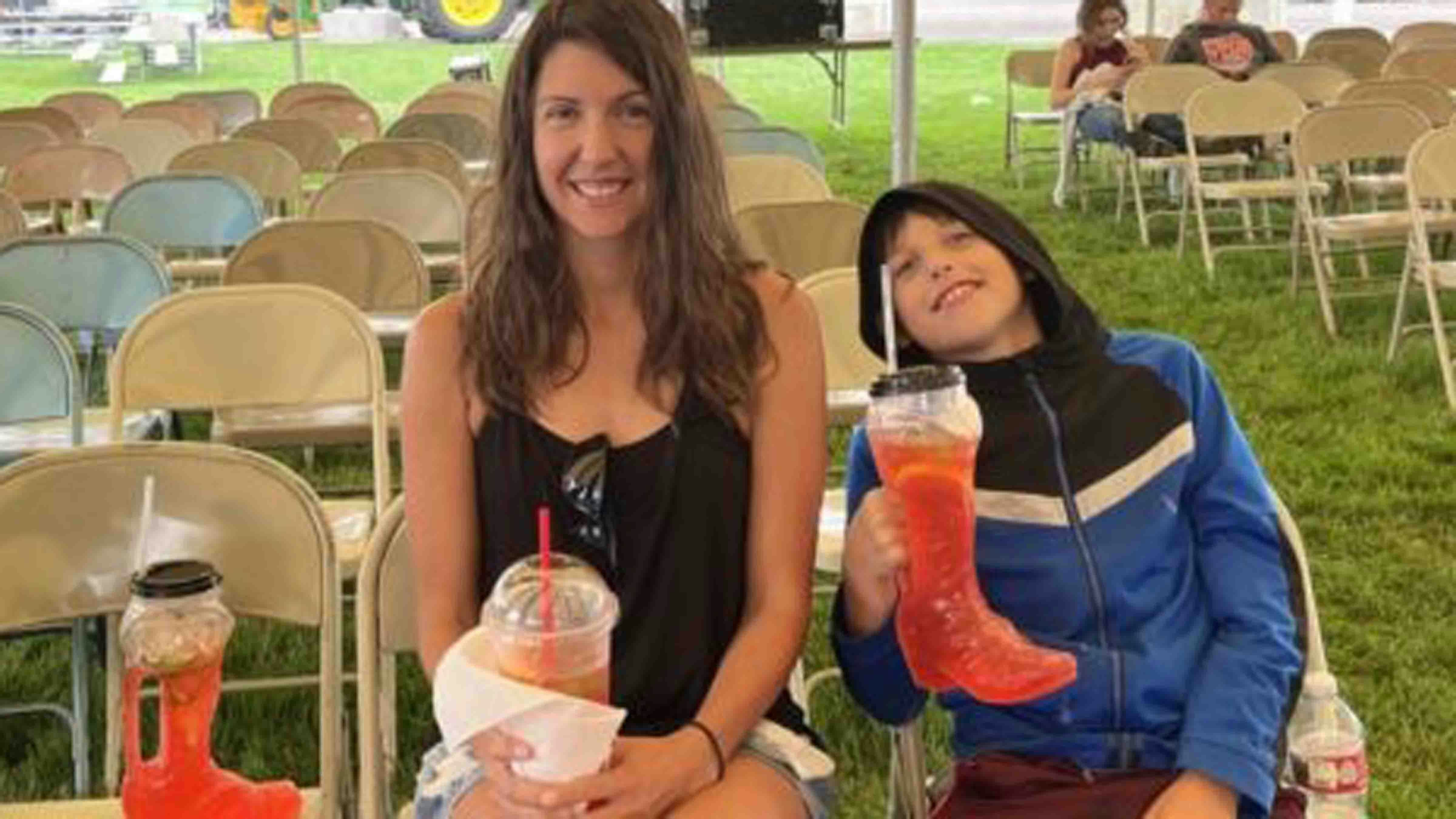We are in the middle of the primary season. Lawn signs and billboards have popped up everywhere. The primary election is not the championship game. But if you forfeit the primary, you will be left out of the running.
On August 20, registered Democrats and Republicans will go to the polls to determine who will represent their respective parties on the November ballot. All 62 seats in Wyoming’s House of Representatives and 15 of our 31 Senate seats are up for grabs.
And in a vast majority of legislative districts, the August primary is the only chance for your voice to matter. That is because out of 77 legislative races, only 14 have candidates representing more than one party.
Unless you live in Senate Districts 8, 10, and 12 or House Districts 4, 7, 11, 13, 14, 33, 41, 42, 45, 46, and 47 the results from August 20th will narrow the field to one. Even those 14 races that offer a choice between two candidates may be so lopsided that the real choice was made months earlier. So, speak on August 20th, or forever hold your peace.
In August, party labels are irrelevant. When a Republican voter is choosing among five Republicans or a Democrat among three Democrats, pulling the lever marked “R” or “D” is meaningless. That is why I love the August primary election. It is an opportunity to escape the mindless meanness of identity politics.
When party labels are irrelevant, people become important again. To make a responsible choice, neighbors need to know neighbors. Conversations happen and candidates are humanized.
So, how can you play an effective role in the August primaries? Start by asking simple questions. What makes you a [Republican/Democrat]? How do you define the values of the party you seek to represent? How do those values compare with your party’s platform? And, what have you done in the past that is consistent with these promises?
You don’t have to argue your position. It is better if you just listen to their answers and politely thank the candidates for their time. If you can’t ask in person, show up at candidate forums or send your candidates an email. Contact information for all state candidates can be found at: sos.wyo.gov/elections.
After you have asked candidates your questions, do a little research on your own. If they have served in office in the past, find out how they have voted and what they have said.
Votes on the city council, county commission, or school board can often be found online. Those who have previously served as legislators have all their votes and speeches recorded at: wyoleg.gov.
There are also numerous organizations that help you focus on specific issues. Organizations have helpfully tabulated votes on life issues, government spending, Second Amendment and other issues.
Because Wyoming is a “small town with very long streets,” you may already know some candidates personally. This is one of Wyoming’s special charms! Few people in other states know their politicians like you do. This makes Wyoming politics especially personal.
This personal aspect can cut both ways. It can help voters better evaluate people. But it can also make people unwilling to vote against a neighbor. I know. I have friends and family on both sides of the aisle. And I want to keep them.
But this is only a problem for those who engage in identity politics. When politics demonize one person while deifying the other, everybody loses. Real people are simply human beings with strengths and weaknesses. Don’t think of yourself as a judge—condemning one candidate while justifying another.
It is better to think of primary elections as a coach preparing for the November game. A coach can and should be a friend to everyone on the team. With political pointers, you can help each candidate to be a better player. You can and should pray for them and ask God’s blessing on their efforts.
But at the end of the day, a coach must decide which players to put on the field and which to keep on the bench. I have done enough coaching to know that these are sometimes gut-wrenching decisions. But I also know that I can love both players while still doing what is best for the team.
So can you. Be friendly. Be helpful. Thank candidates for their effort and dedication in going out for the team. Then, vote for those players best able to advance the ball. As the coach, that is your job. And, in the long run, you will benefit both those on the field and those on the bench.
Jonathan Lange is a Lutheran Church—Missouri Synod pastor in Evanston and Kemmerer and serves the Wyoming Pastors Network. Follow his blog at https://jonathanlange.substack.com/. Email: JLange64@protonmail.com.





